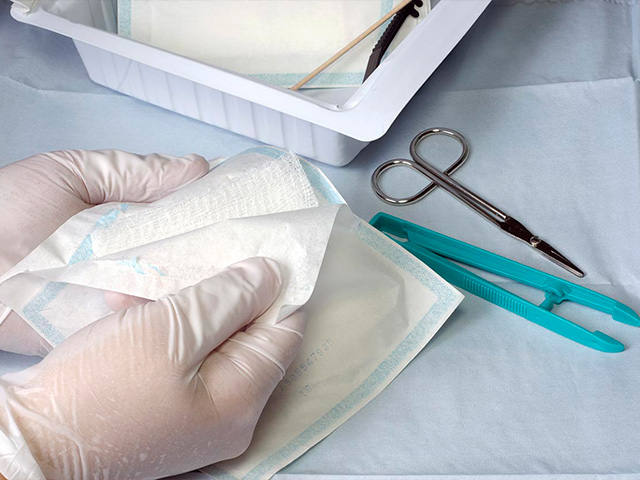Relationship doctor-health team
DOI:
https://doi.org/10.29176/2590843X.1699Keywords:
Autonomy, Ethics committee, Health team, Informed consentAbstract
A specialist doctor who works in a health institution is called to evaluate a patient who has a lesion in the thick right artery. The doctor evaluates the patient and diagnoses a dry gangrene added to a 20-year history of type 2 diabetes mellitus. He informs the patient's family and decides to amputate the finger in order to avoid infectious complications from the process.
A professional nurse on the floor in charge of the patient, when showing in the surgery schedule that the patient will be operated on, visits him and in the conversation realizes that the patient is not aware of his diagnosis or the surgery to be performed. He calls the treating doctor and asks him why the patient is not aware of his diagnosis or the surgery. The doctor informs her that his family already knows and confirms that he will intervene surgically on the patient. In addition, he complains to the nurse for questioning the failure to clearly explain his situation to the patient and obtain his consent for the surgery. The nurse defends the patient's right to know their situation and make an autonomous decision about it, and insists that the patient be discussed about it. The doctor gets angry with the nurse, he tells her that he is the one who makes the decisions in the health team and that his job is to obey medical orders and not interfere with medical action. As the nurse confirms the patient's right, the doctor orders her not to insist, prohibits her from informing the patient of her situation and accuses her of rebellious behavior that ignores her profesional status and role in the health team.
The case is analyzed from the perspective of ethical principles and the current conception of the health team.
Author Biography
José María Maya, Médico, magister en Salud Pública, magister en Dirección Universitaria y magister en Dirección y Gestión de la Seguridad Social, máster en bioética; profesor titular, Universidad CES; decano general, Escuela de Ciencias de la Vida. Universidad EIA, Medellín, Colombia.
Médico, magister en Salud Pública, magister en Dirección Universitaria y magister en Dirección y Gestión de la Seguridad Social, máster en bioética; profesor titular, Universidad CES; decano general, Escuela de Ciencias de la Vida. Universidad EIA, Medellín, Colombia.
References
Asociación Médica Mundial. Código Internacional de Ética Médica [Internet].
(Consultado el 30 de noviembre de 2021). Disponible en: https://bit.ly/3Jb8WwG
Maya JM. Bioética general. En: Ochoa FL, Osorio JW, Taborda M (editores).
Bioética Plural – I. Medellín: Editorial Artes y Letras S.A.S.; 2012. p. 13-29.
How to Cite
Downloads

Downloads
Published
How to Cite
Issue
Section

| Article metrics | |
|---|---|
| Abstract views | |
| Galley vies | |
| PDF Views | |
| HTML views | |
| Other views | |






